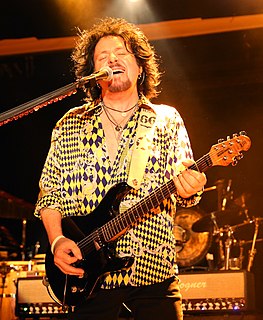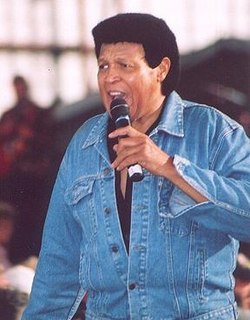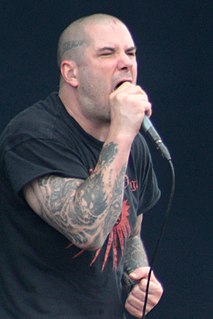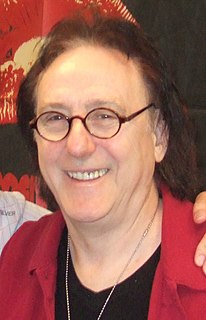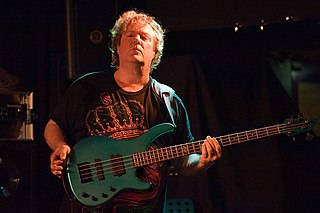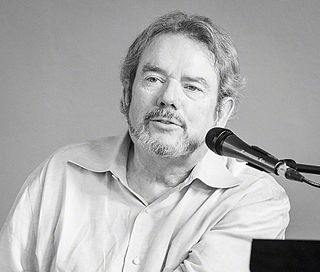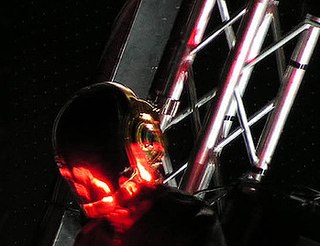A Quote by Steve Lukather
When I was starting my journey as a young guitar player, I was listening to The Beatles, the Stones, and all the British invasion bands, Top 40, Motown, and all the great music of the '60s. Then the alien ship landed, and life changed again forever... Jimi Hendrix.
Related Quotes
When you heard Jimi Hendrix, you knew it was Jimi Hendrix. He introduced himself with his instrument. His attack to a guitar man, was, oh, something else! You think of one of the great American ball players, or one of the great fighters of the world, you know, that's the way he would attack any note on his guitar.
Those original, black, spirited, defiant, rebellious musical masters. Chuck Berry was one of the first masters of Les Paul's new electric guitar; he pretty much laid down the gauntlet, and I don't think anybody's ever beat him since. Way before the British Invasion, I was tuned into the black guys that created the British Invasion. Without Howlin' Wolf, Muddy Waters, Robert Johnson, Lightnin' Hopkins, Bo Diddley, Chuck Berry and the Motown hits, there would be no Beatles.
He was Jimi Hendrix! He didn't sound like anybody else but himself. He was like Charlie Parker in his way of playing, he played well, he was a person that made waves. When you heard Jimi Hendrix you knew it was Jimi Hendrix, he introduced himself in his instrument... You know, many radio stations play records and a lot of the times they don't call out the names who you just listened to, but when they play Jimi Hendrix, you don't have to tell me, [you know] it's Jimi Hendrix.
You never know that this is the moment when you're in the moment. When I was sixteen I moved to a smaller town in Vermont, and at that time I didn't have a band to play in. So I was forced to play in Top 40 bands and fraternity bands and wedding bands. That was all pop music, but I was listening to Weather Report and classical music. Then I went to Berklee College of Music in 1978, and you had Victor Bailey there, and Steve Vai. And suddenly I was among my ilk.
You certainly don't hear any country music on pop radio today. But for a while you did, and it was a lovely thing to have all the different genres of music cohabitating the Top 40 - the folk sound, The Beatles, the British sound, the Motown sounds, that kind of light country - it was a welcome relief after a few hard rock records. Everyone was sharing the airwaves, and I think it was a beautiful time for American music.
It's true that when I was younger and I first got interested in music, I used to read books about the Stones and the Beatles and how they listened to Muddy Waters and people like that when they were starting out, who are much less well known now than the Rolling Stones. The Stones really changed blues.
